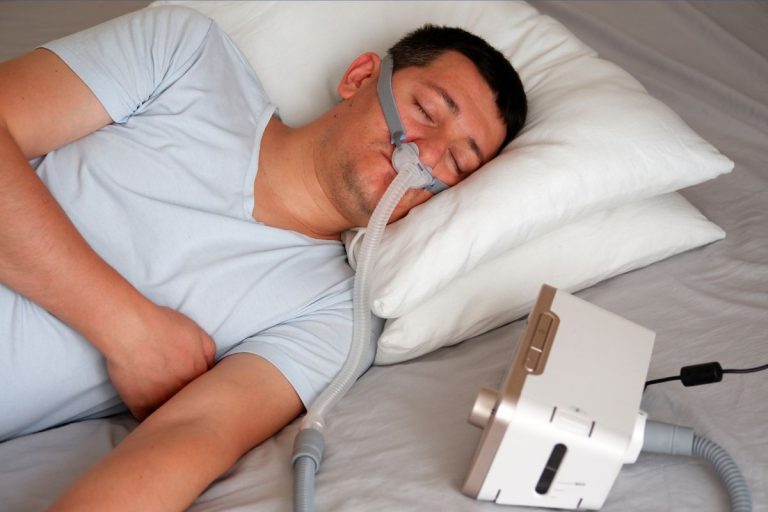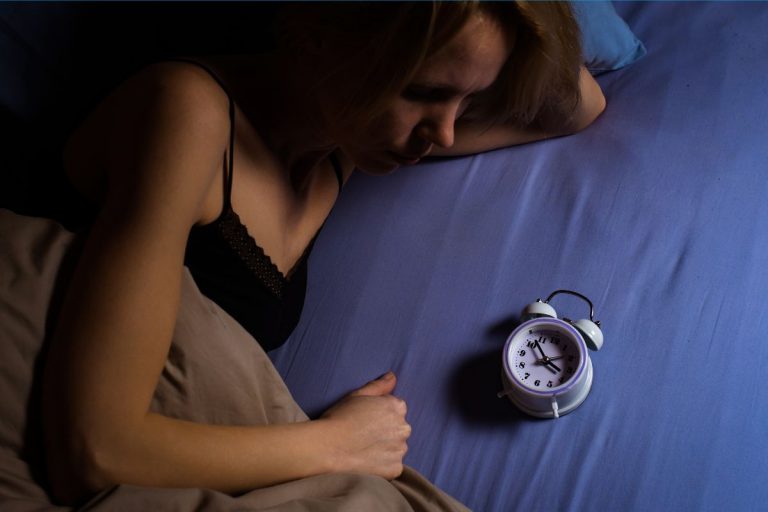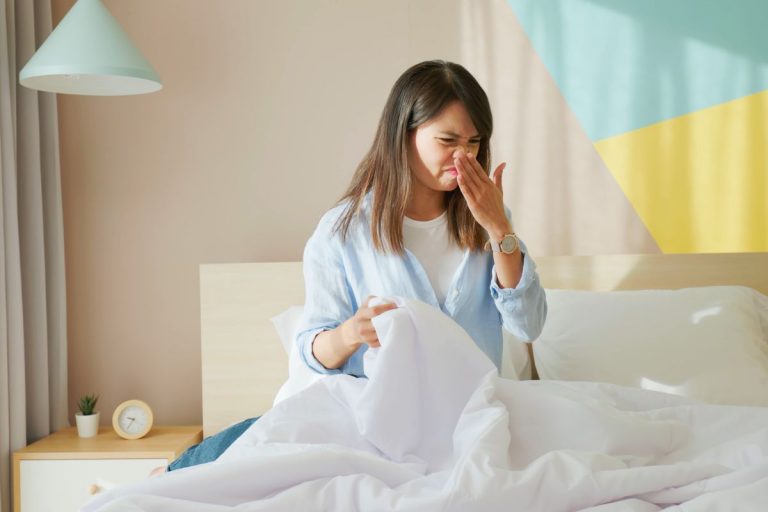Add some cozy clothing, hearty food, and extra beddings, and even the harshest winters can be fun. However, few things can prepare you for that exclusive brand of cold that hits in the morning, sending us shivering to the shower for some warmth.
Even worse is if you are one of the many that wake up perpetually feeling significantly colder than when you went to bed.
But why do we have to deal with this morning onset of intense coldness? At first glance, it is easy to jump to the assumption that the world is getting colder around dawn. Plus, the fact that even if you stay awake all night, the cold often starts to hit differently in the last few hours before the sun rises, further buttresses this thought.
However, the problem is not from the environment but rather from our bodies, as our body temperature drops during the night, bottoming out around 4-5 AM.
What Makes You Feel Cold When You Wake
When we feel sleepy, our body temperature typically drops from its average level at around 98.6°F, falling by about a couple of degrees to pave the way for a good night’s sleep.
During sleep, your body temperature continues to fall progressively until a few hours before wake time, from when it begins to rise again.
However, the temperature rise that kicks in in the morning typically does not happen fast enough to warm you up, and hence, you wake up feeling significantly colder than when you went to bed.
This temperature regulation process, like with other systems related to sleep, works in line with the circadian rhythms.
The circadian rhythms are a group of complex internal systems and clocks that regulate our sleep/wake cycle, drawing input from processes within the body as well as external stimuli like light and sound.
Having your circadian rhythms out of whack can significantly impair your sleep quality, and by extension, your mood, daytime function, and life satisfaction. If you are having trouble going to sleep regularly, you should consider resetting your sleep schedule.
One of the leading influencers of the circadian rhythms is the amount of exposure to blue light.
Around nighttime, the amount of light we receive typically drops considerably. Consequently, the circadian rhythms set off a series of processes that make us sleepy, including the release of melatonin, the sleep hormone, and the progressive drop off in body temperature that can make you feel cold during the night and especially when you wake.
Why Do We Feel Cold When We Wake up?
While we have a solid grasp of the mechanism that lowers our body temperature as we sleep, scientists have far less understanding of the reason behind why it happens in the first place. However, there are a few possible ideas out there that seek to explain this phenomenon that researchers are currently exploring.
Complex Circadian Wizardry
The interactions of the circadian rhythms are an extremely complicated system that scientists still only have a limited understanding of its mechanisms.
However, there is evidence that the body’s sleep-wake cycle interacts with everything from the release of several hormones, to hunger levels, digestion, body temperature, and even the function of organs like the kidney and livers.
Consequently, our body temperature drops during sleep may stem from any or several of these possible inputs and output points into the circadian rhythms system.
Several studies suggest that even a temperature change as small as 1°F can cause significant disruptions in how the body functions.
Hence, the entire temperature regulation cycle during sleep may be a carefully orchestrated pattern to keep the body fully functional during sleep.
Energy Conservation
During sleep, our metabolism rate can drop by as much as 10%. While we sleep, the body does not need as much energy as it does in the day time to function correctly. Hence, it makes sense that metabolism drops to conserve energy and prevent wastage.
Sleep itself is a form of energy conservation. One hypothesis as to why we sleep speculates that our evolutionary ancestors, lacking a constant supply of food, needed periods of low energy use to balance out their energy consumption.
Plus, adding credence to this idea is the fact that nighttime is typically colder than the day.
Hence, for warm-blooded creatures like us, we will expend significant amounts of energy trying to maintain our average body temperature, and entering this state of temperature regulation may be a way for the body to conserve energy further.
Promoting Better Sleep
The reason why our body temperature drops off during sleep may be as simple as a measure by which our bodies puts us in the optimal state for sleep.
Why scientists do not have a clear cut explanation or statistic on how much and why temperature affects sleepiness, they all agree that a lower body temperature facilitates sleep. In one 2008 scientific review, researchers highlighted a robust relationship between elevated body temperature and sleep-onset insomnia.
Consequently, the researchers posited that a delayed temperature rhythm could be responsible, at least in part, for episodes of sleep trouble.
Exercising just before bedtime can raise body temperatures significantly, offsetting your temperature rhythm and making it harder for you to fall asleep.
Hence, it follows that the entire temperature downregulation cycle may be solely, or at least partially, precipitated by the circadian rhythms setting the mood for sleep.
Also Read: What Is the Perfect Temperature for Sleep?
Feel Cold When We Wake up: What to Do?
For individuals who are in full health, if you wake up feeling extremely cold regularly, a few tips you can try to improve your sleeping situation include:
- Setting your cooling system to a timer that turns it off a few hours before morning so you wake up warmer
- Consider adding socks and mittens to your sleep gear
- Make your bed super cozy and keep an extra blanket handy
- Consider adding a heated mattress topper like the Sunbeam Heated Mattress Pad to your bed to keep you warm all night
However, in rare cases, the onset of extreme morning cold may stem from any of several possible other underlying conditions.
Feel Cold When We Wake up: Other Potential Reasons
Cold Intolerance
Some people have a significantly lower threshold for cold than the rest of the population, and this can translate into feeling extremely cold almost every morning.
This higher tendency to feel cold can be brought on by several factors, including a genetic predisposition or atrophy of your body’s temperature regulatory system from years of overprotecting yourself from the cold with winter coats and blankets.
In rare cases, however, cold intolerance may stem from an underlying health condition, and you should consider visiting your doctor for a thorough diagnosis.
Hypothyroidism
For people who have an underactive thyroid, the thyroid gland, one of the core organs that help to regulate the circadian rhythms among other systems, fails to produce enough of the thyroid hormone.
Consequently, people with this condition can suffer from several different imbalances, including thinning hair, weight gain, constipation, and improper temperature regulation during sleep.
Blood Vessel Disorders
Another potential cause of excessive cold at morning time is problems with the blood vessels that result in improper blood circulation.
For people who have issues like narrowing blood vessels or clotting disorders, the inadequate supply of blood to the body’s extremities like your limbs may leave them feeling extremely cold come morning.
Anemia
Another blood-related issue that may cause excessive morning cold is Anaemia. When the body suffers from this condition, it is unable to make enough red blood cells to fuel the body with oxygen adequately.
Consequently, people with Anaemia may report incessant fatigue and extreme cold both during day and night, potentially getting worse during early mornings.
Diabetes
In some rare cases, people with diabetes may suffer kidney damage that leaves them with symptoms like nausea, shortness of breath, and a higher propensity to feel cold.
Extreme Weight Loss
One way by which the body conserves heat is with fat. Consequently, people with a lower body weight typically have far less resistance to cold and are more likely to feel chilly in the mornings.
Furthermore, it is quite common for people to gain increased sensitivity to cold after dramatic body weight decreases. Such rapid weight loss can leave you feeling extremely cold in the mornings, and it may take your body some time to adjust to its new reality.
Poor Sleep
Getting inadequate sleep can throw your circadian rhythm—including your temperature rhythm, out of whack, and this can lead to situations where your body temperature fails to rise in the morning as it should.
Frequently Asked Questions
Why do I feel cold when I am tired?
The chances are that your fatigue is not causing the temperature drop. We are typically more tired in the evenings, which is about the same time your circadian rhythms begin to prime you for sleep and start lowering your body temperature.
Related: How To Fall Asleep When You’re Not Tired?
What kind of vitamin deficiency makes you cold?
An acute shortage of vitamin B12 or iron can lead to anemia which is one of the potential contributing factors to cold intolerance.





